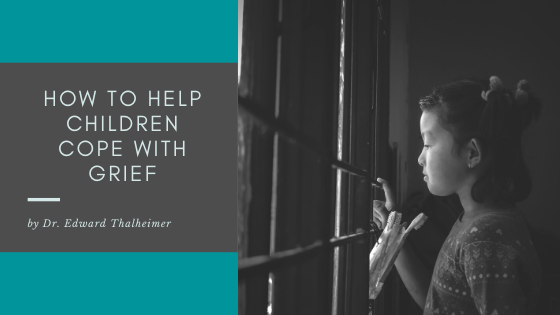Whether it is the loss of a parent, a grandparent, a friend, or even a beloved pet, every child can experience grief in their own way. The process of grieving can be very difficult for children, and how each one of them copes with it will depend on several factors. Factors such as age, personality, the relationship they had with the person who passed away, and how much support they receive during this process.
It is crucial to support children during this challenging time to make them feel secure and help them cope with the loss in a healthy manner. Parents, educators, and caregivers can help a child who has lost a loved one by keeping the following suggestions in mind.
Using clear and simple words
When it comes to breaking the news to a child that a loved one has passed away, it is essential to be simple, direct, and straightforward. Adults too often use euphemisms to blunt the unpleasantness of death; however, these euphemisms, while well-intentioned, can confuse children and lead to misunderstandings. Once the child hears the news, it is vital to give them time to process and comprehend what they just heard.
Listening and comforting
It is essential to listen to what the child has to say and answer their questions. The parent or caregiver should also try putting their own emotions into words as it will help make the child more comfortable with their feelings and feel comforted and reassured.
Helping the child
After talking and listening, it is crucial to help the child feel better by shifting to a topic or activity, such as cooking, playing, making art, or going somewhere. Doing everyday activities that the child enjoys will give the child the comfort they need and provide a respite from feelings of loss and sadness. Maintaining daily routines can reassure children that life doesn’t have to stop and that they are allowed to move on and experience happiness.
Memorializing the person who died
In addition to the above, it is also imperative to share memories of the loved one who passed away and bring up their name occasionally. This will make the child feel comfortable talking about the loved one and remembering them without feeling that it is taboo. This process of remembering is a critical part of both grieving and healing.
This article was originally published on dredwardthalheimer.co.


